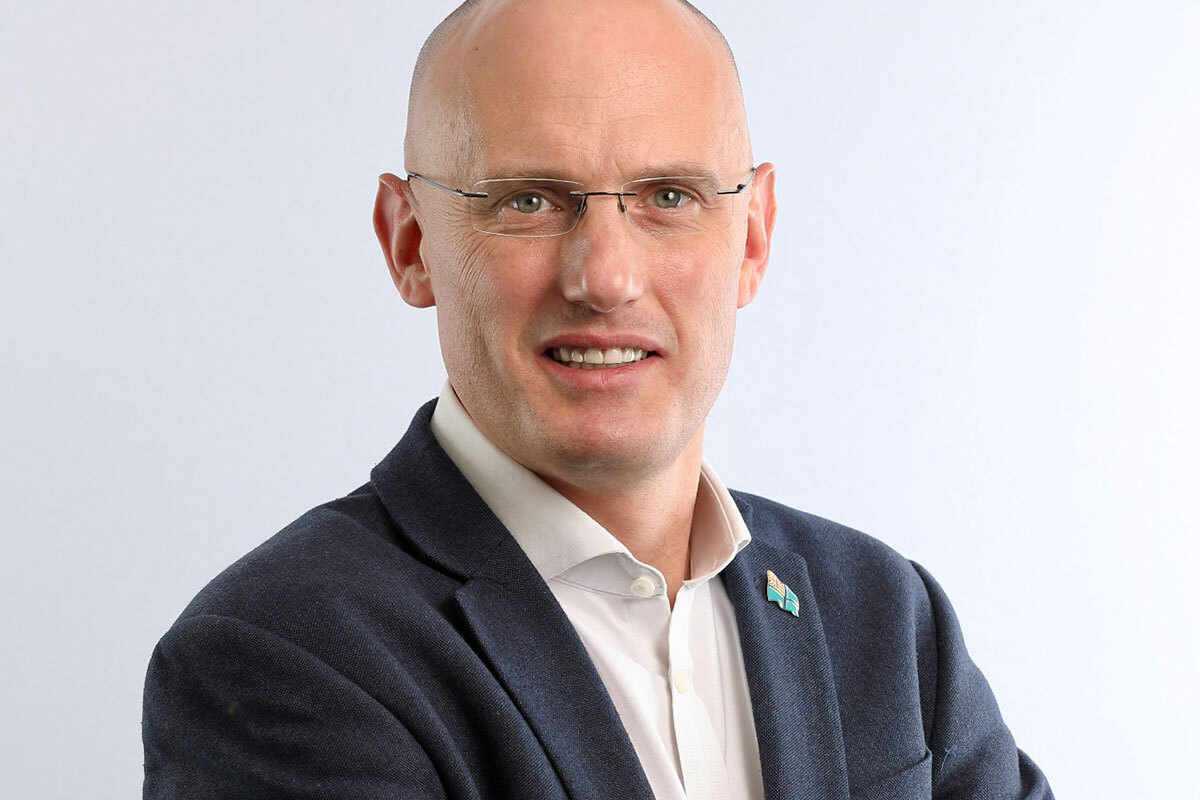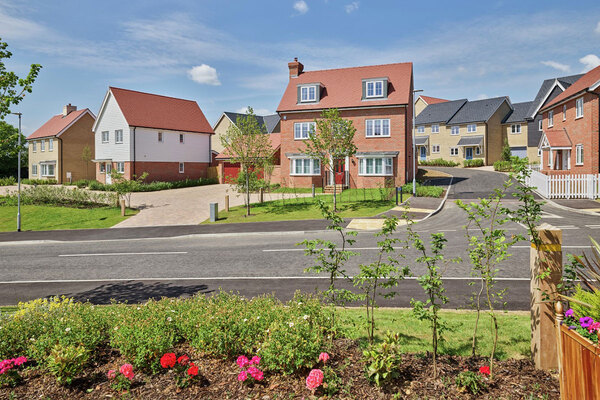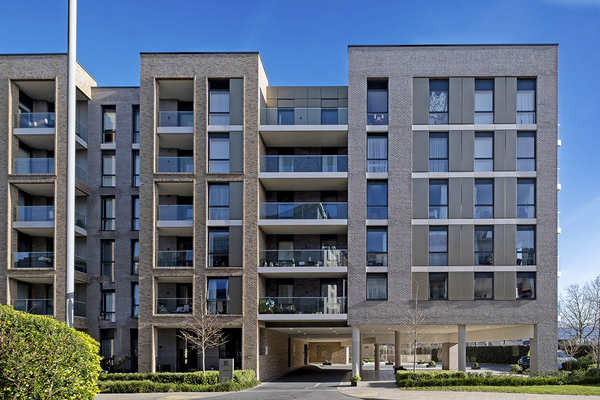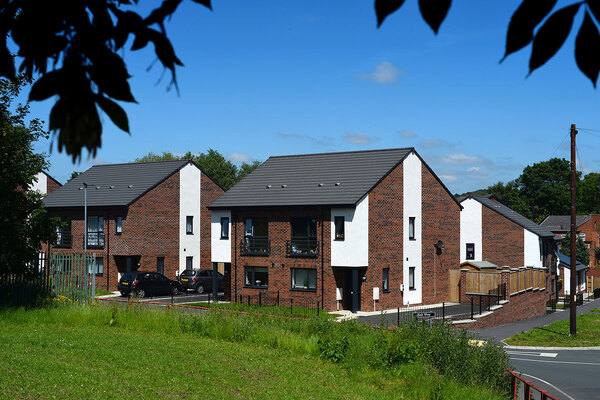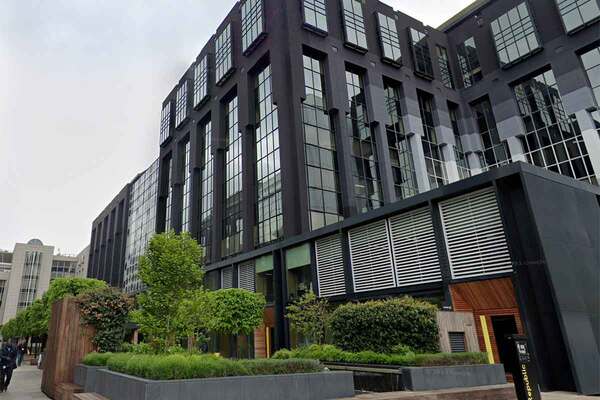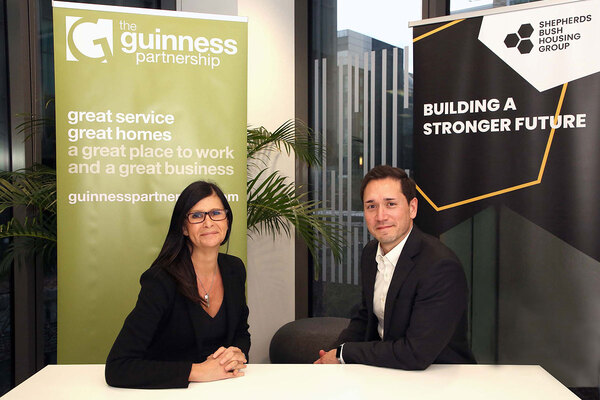You are viewing 1 of your 1 free articles
Surplus rises at Paradigm as operating margin hit by impairment and legal costs
Paradigm Housing’s annual surplus rose 15.7% in the last financial year, as its operating margin was dented by one-off legal and impairment costs.
The 16,000-home landlord reported a surplus of £20.6m in its annual accounts for the year ending on 31 March 2024, compared with £17.8m in the previous period.
Buyers purchasing a higher percentage of shared ownership homes drove the increase, Paradigm said, with income from first tranche and other unit sales totalling £34.6m, up from £32m the previous year.
“The number of sales of first tranches increased significantly to 198, compared with 103 in 2023,” the housing association said.
This trend was seen in its earlier results for the nine months to the end of December 2023, when revenue from first-tranche shared ownership sales nearly doubled, rising to £23m from £12.5m in the previous period.
Staircasing sales were “under budget”, though. “In terms of both units and surplus, [this reflects] the challenging economic conditions our customers face,” it added.
Paradigm’s overall operating margin for 2023-24 was 33.8%, based on the Regulator of Social Housing’s value for money metric. Although this was a slight improvement on last year’s result of 33.3%, it failed to reach the landlord’s target of 40%.
This was down to an “increase in non-recoverable service charge costs, one-off legal costs and impairment”, as well as lower outright sales than forecast from its joint venture with Countryside.
The operating margin for social housing lettings improved, increasing from 35.5% to 38.8%.
Turnover also increased year on year at the social landlord, rising by 23% to £150.5m.
The landlord continued to invest in existing homes, funnelling £47m to repairs and improvements and reporting 81% of customers as satisfied with repair services.
“We are intensifying efforts to maintain and upgrade our existing properties, improving the quality and safety of those homes and neighbourhoods,” said Richard Moriarty, Paradigm’s chair, who joined the organisation in April this year. He is chief executive of the Financial Reporting Council.
Paradigm completed 522 homes in 2023-34, selling 18 as market sales and adding 504 to its portfolio. Of these, 337 were for affordable rented tenures, including 22 for social rent.
The landlord plans to deliver 449 more homes in the coming year, with 990 in the pipeline. It added that this meant it was on track to meet its target of building 1,950 homes by 2026.
Paradigm’s development programme costs were reflected in its EBITDA MRI (earnings before interest, tax, depreciation and amortisation, major repairs included) interest cover, which dropped from 142.8% to 132.7% in 2023-24.
This was due to “the increased operating costs incurred and increased interest costs” brought about by drawing down on its revolving credit facility to fund development at a higher interest rate than expected.
In April, Paradigm issued a £250m 20-year bond, retaining £100m, at a coupon rate of 5.25%, which it said was used to repay the revolving credit facility and reduce its exposure to interest rate risk.
Nicola Ewen, chief financial officer of Paradigm, said: “The group has maintained focus on its objectives despite the continued challenging operating environment.
“We have achieved upper-quartile performance for customer satisfaction, staff engagement and financial metrics, continued to build new homes and invested significantly in our existing homes.”
Sign up for our development and finance newsletter
Already have an account? Click here to manage your newsletters
